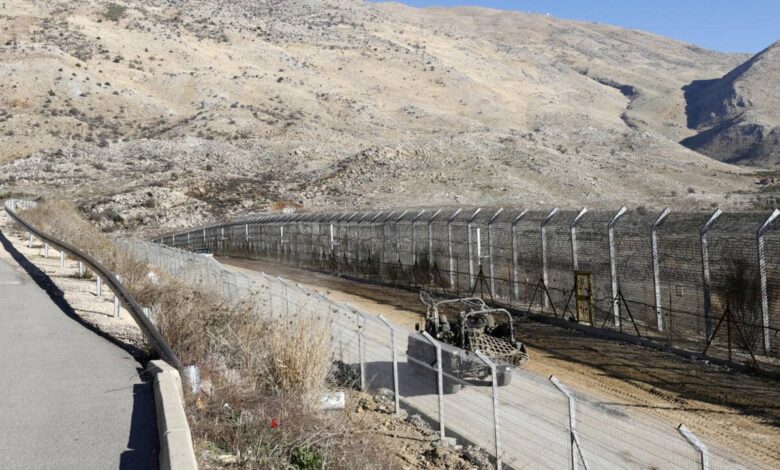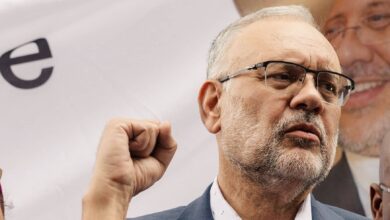
Israel has given the green light to a plan to double the population of the annexed Golan Heights, it was announced on Sunday, December 15. The decision comes amidst declarations by Israeli officials that there is no intention to confront Syria, especially since Israeli forces seized a UN-patrolled buffer zone after Islamist rebels toppled Syrian President Bashar al-Assad.
The Israeli government has allocated 40 million shekels, about $11 million, to the expansion project in the Golan Heights. A statement carried by the office of Prime Minister Benjamin Netanyahu confirmed that the plan was unanimously approved, highlighting its importance in relation to the ongoing conflict in Syria and the need to improve the region’s demographic outlook.
Netanyahu described the plan as “particularly important at this time,” highlighting that strengthening the Golan is integral to the State of Israel. He further stated, “We will continue to establish ourselves there, develop it, and settle there.”
The plan has drawn condemnation from Saudi Arabia and Qatar. The Saudi foreign ministry declared “condemnation and denunciation,” saying the initiative represents a continuation of efforts to undermine security and stability in Syria. Qatar described the move as a “new episode in a series of Israeli aggressions on Syrian territories and a blatant violation of international law.”
The Golan Heights, a region of strategic importance, has been a point of contention for a long time. Israel captured the territory during the 1967 war and formally annexed it in 1981. While most of the international community considers it Syrian territory, the United States broke from this consensus in 2019 by officially recognizing Israeli sovereignty over the area during Donald Trump’s presidency.
Sunday’s decision comes after several previous moves to increase the number of settlers in the Golan. In 2021, a $317 million plan was signed off with the ambition to double the number of Israelis living in the area within five years, but the materialization of that plan has indeed been slow.



